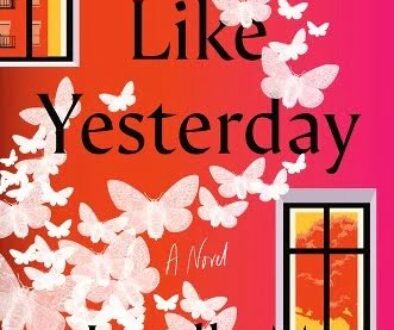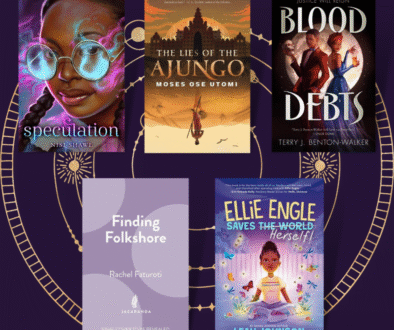The Plot Thickens: Punching the Air

An immersive narrative told entirely through verse, Punching the Air by Ibi Zoboi and Yusef Salaam (of the Exonerated Five) weaves poetry of the creative mind when obstructed by injustice. Amal Shahid is a teenage boy from New York City whose life seems fated to be perceived by the things it lacks — most tragically, the lack of grace for reacting emotionally in ways disapproved of by the establishment. Though he channels his anger at very real circumstances in school via fights with friends and questioning authority — responses typical to young people testing the boundaries of their worlds — the penalties against him for doing so are always extreme. One day he makes the dire mistake of throwing the first punch in a brutal fight on camera and his entire world goes from young disillusioned creative to incarcerated juvenile.
What Punching the Air does best is show us that at no point is Amal’s life black or white, good kid then bad kid, embittered artist to high school delinquent. Instead, we see that these ideas are narratives that work to the detriment of people whom society already owes great debt, while propping up legislative power that is supposed to rule in the favor of people. Poems that stand as testimony to this observation within the book are: “White Space,” “Slave Ship,” and “Blind Justice II.” Each of these pieces stand out for their poignance and careful clarity in the bridging the historical — both of the Black experience and within Amal’s personal history — and present-day injustices that beset Amal in particular, but is the experience of an untold amount of Black people throughout the diaspora. “Cacophony,” “Counting Game II,” “Blank Canvas,” “Art School II,” and “Young Basquiat” each throw us into the vastness of Amal’s feelings and experiences while also attesting to the artistic presence of his mind, even while processing the most cruel chapters of his struggles.
Suffice to say, Zoboi and Salaam provide the reader with nearly 400 pages of no holds #barz. Some of my favorite verses set truths forth in such compelling ways that it would be a disservice to English literature to NOT study this tome. For example, in “Middle Passage,” on pgs 85 – 86, we get:
The story that I thought
was my life
I was bornThe story that I thought
was this life
didn’t start on the day
I went to that parkThe story that I think
will be my life
starts today
Anything that happened
before today
is only the prequel
the backstorythe story behind the story
Nothing before today matters
What a way to not only to underline the many ways the carceral experience is a clone of the Transatlantic Slave Trade but also align the erasure of Amal’s life prior to his lock up to the erasure of untold ancestors who fell victim to this ruthless and barbaric system!
Punching the Air easily eclipsed my expectations and is a book I would love to see picked apart in deep study by book clubs, high school and university literature classes, and any other community literature gatherings for years to come.



